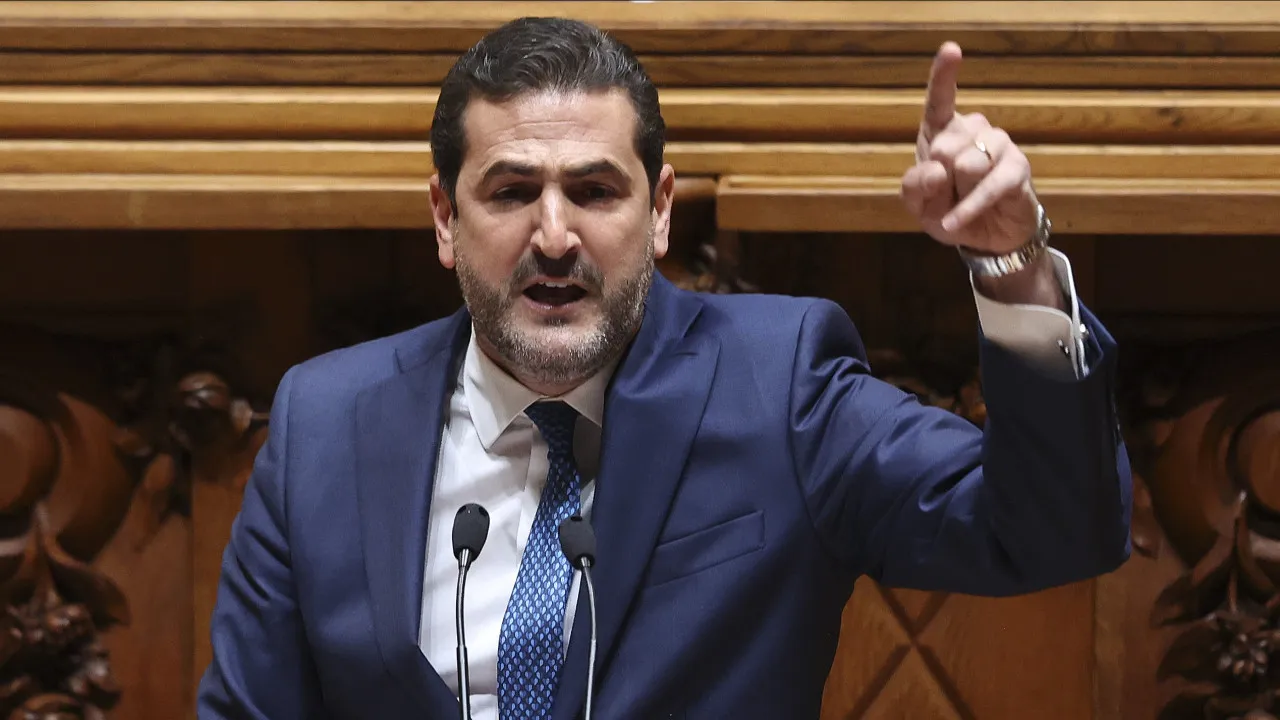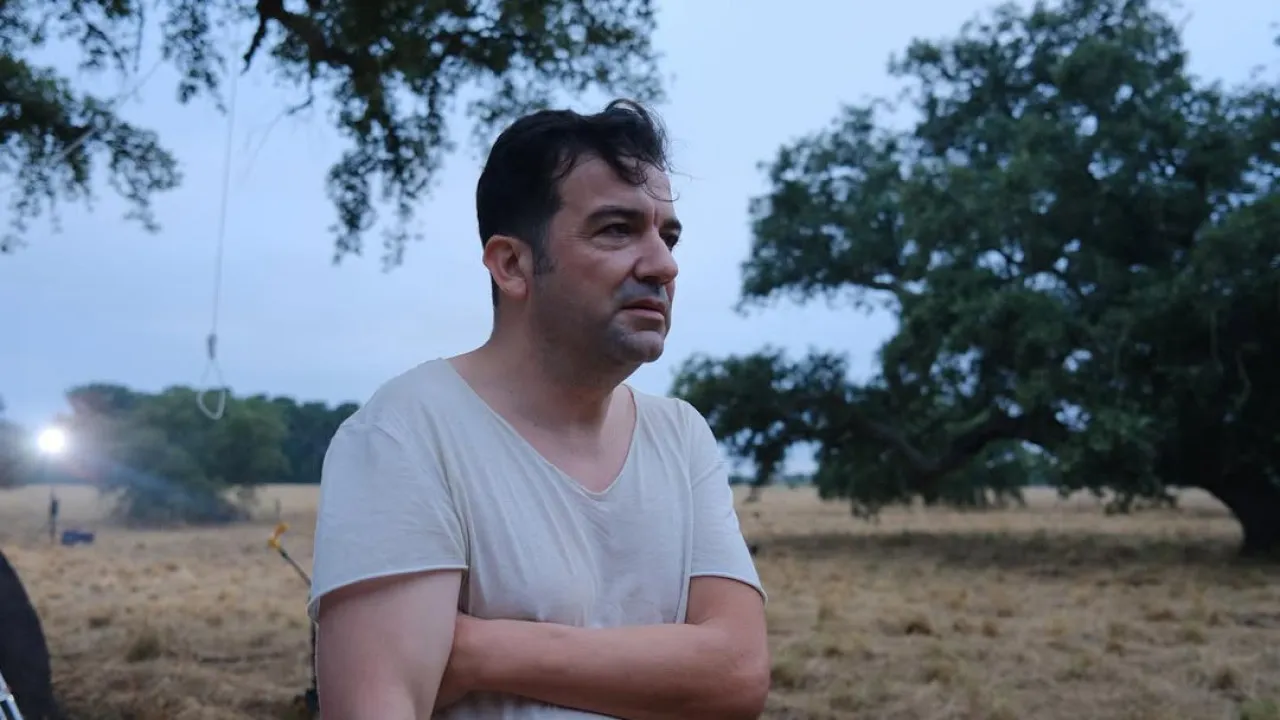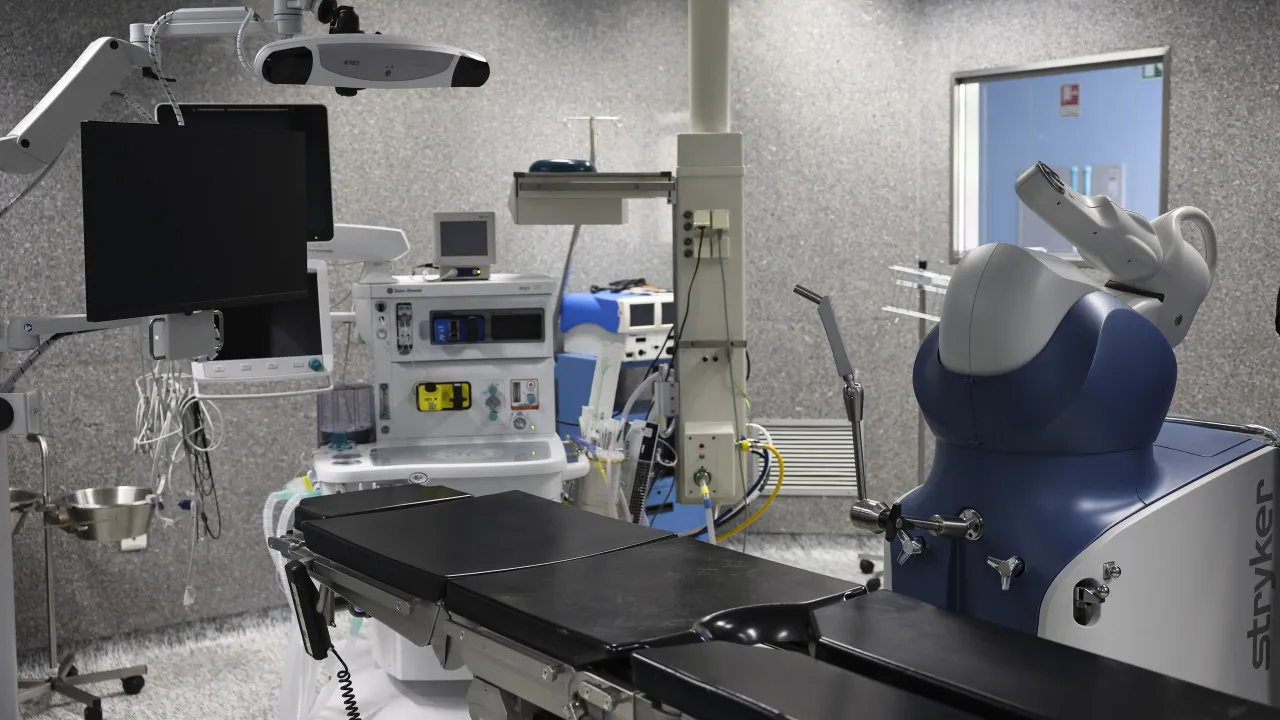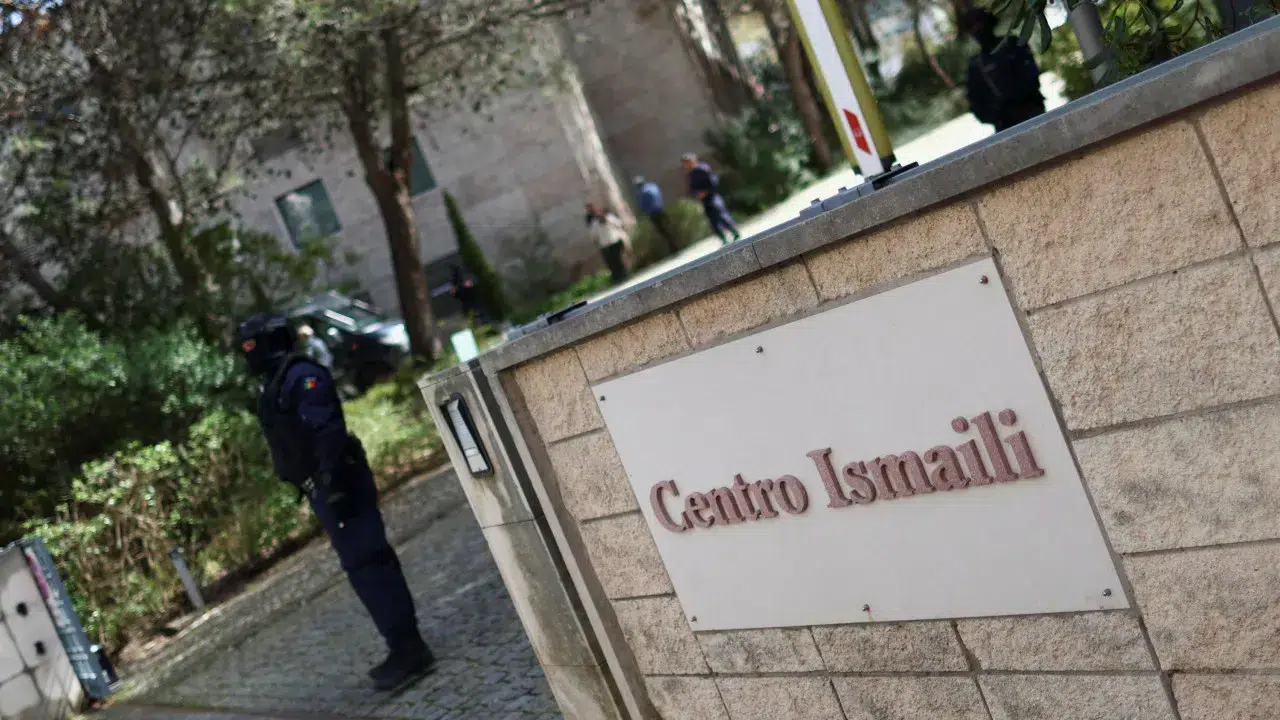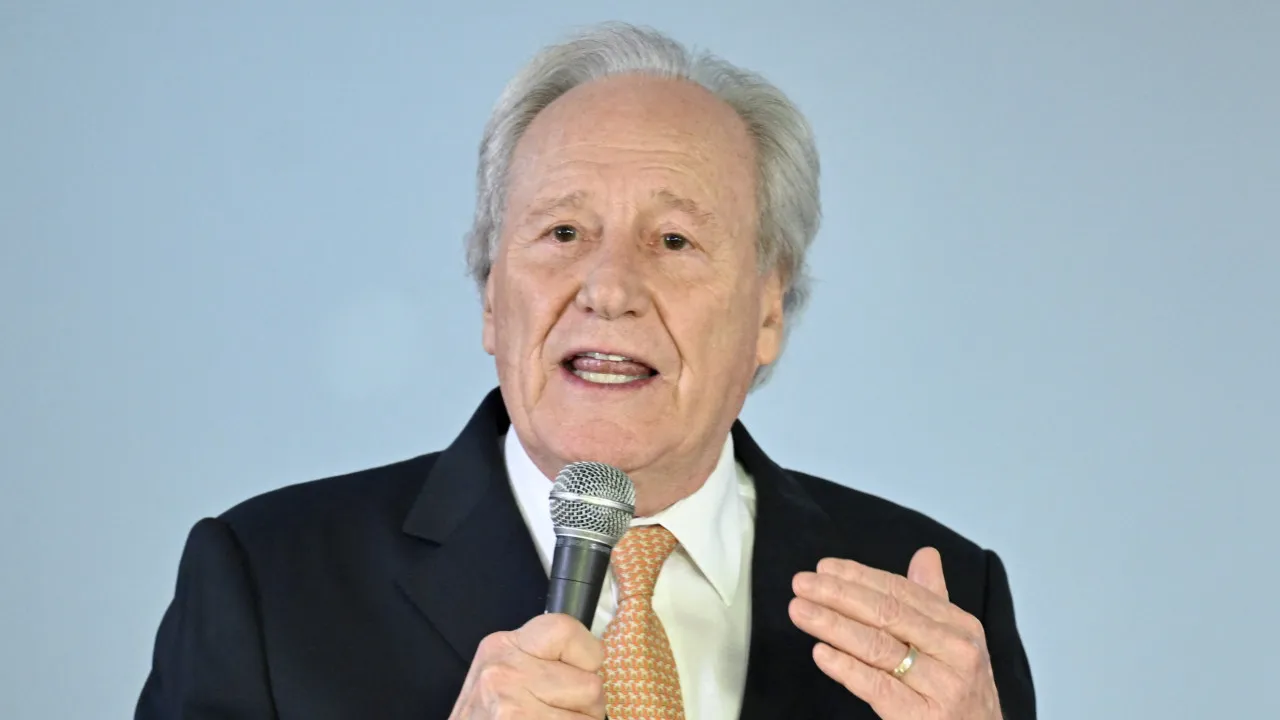
“What we have here regarding the presence of potential Brazilian criminal factions in Portugal and vice versa are isolated incidents, not a structural collaboration,” stated Ricardo Lewandowski in a joint interview.
Thus, it doesn’t generate “major concern among Brazilians or Portuguese, nor among the police authorities,” he emphasized.
Nevertheless, the Brazilian minister highlighted that there is “a close collaboration with Portuguese police, particularly with Brazil’s Federal Police.”
“So, we have a very close collaboration between the police forces, and it is not an issue that particularly troubles us,” he concluded.
Earlier at the same event, Ronaldo Caiado, the announced pre-candidate for the Brazilian presidential elections in 2026 and governor of the state of Goiás, warned Portuguese authorities “not to lower their guard” against Brazilian criminal organizations that are establishing a significant presence in Portugal.
During a press conference, Caiado stated that the Primeiro Comando Capital, better known as PCC, has “started recruiting in greater numbers here in Portugal.”
“Today, the PCC is present in 24 countries, and the largest country in Europe [where it is present] is here in Portugal,” he added, warning that “with the ease of the language, they will invade much more.”
Brazilian authorities have already admitted the presence of members of the Brazilian criminal organization Primeiro Comando da Capital (PCC) and of Comando Vermelho in Portugal.
The PCC emerged three decades ago in São Paulo prisons and is active throughout Brazil and much of South America, especially in Paraguay and Bolivia.
Comando Vermelho was established in 1979 in Rio de Janeiro prisons and is now one of the world’s most dangerous criminal organizations.
Caiado argued that without a well-coordinated police force, capable of being strict to combat them, these groups might soon promote the same activities they do in Rio de Janeiro and various Brazilian states.
Conservative and affiliated with União Brasil, a right-wing party with one of the largest parliamentary representations in the South American country, Caiado is presenting himself as a candidate for the highest executive position in Brazil while current President Luiz Inácio Lula da Silva faces low popularity.
The right-wing forces have yet to designate a successor for former President Jair Bolsonaro, who is barred from running due to legal issues. Caiado has suggested that if elected, he would pardon Bolsonaro.
Public safety remains one of the primary concerns for Brazilians and is expected to be a central theme in the debates during the elections scheduled for October 2026.
At 75, Caiado, a physician, has been active in Brazilian politics since the 1980s. He was a presidential candidate in 1989, an election in which he received less than 1% of the votes, which resulted in Fernando Collor de Mello being elected.
The Governor of Goiás is participating in the XIII Lisbon Forum from today until Friday, which brings together dozens of Brazilian authorities, including top court judges, former presidents, congressional leaders, and ministers of Lula da Silva’s government.
From today until Friday, Lisbon becomes a kind of second Brazilian capital with the presence of several key figures from the three branches of Brazilian government, in an event organized by Supreme Federal Court judge Gilmar Mendes titled “The World in Transformation — Law, Democracy, and Sustainability in the Intelligent Era.”
According to the organizers, there will be 57 panels with 500 speakers, and an estimated 2,500 participants are expected.

